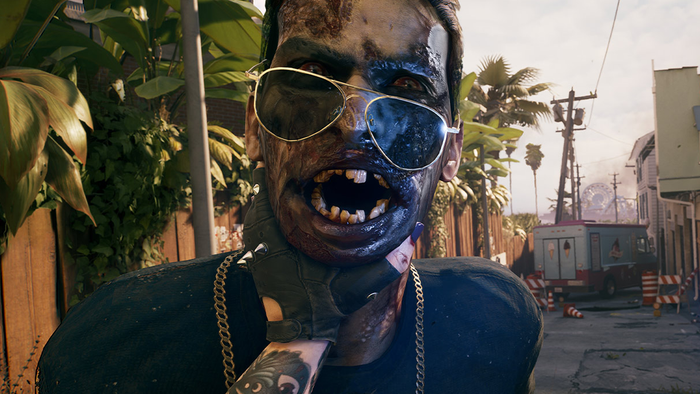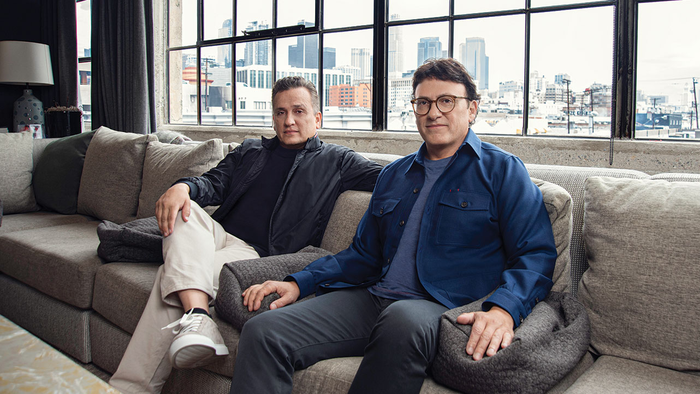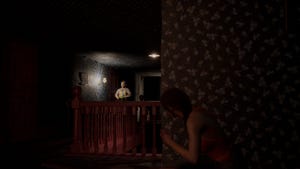
Featured Blog | This community-written post highlights the best of what the game industry has to offer. Read more like it on the Game Developer Blogs.
Step 1: Start A Band
In this post I propose a new way of thinking about the indie game community. They're not studios - they're bands.

When talking about video games, it makes sense to compare the gaming industry to the movie industry. Big-budget games work with teams, budgets and development times that are fairly comparable to the blockbuster movies we're familiar with. Both are aimed at the wide market, both tend to run with established genres and franchises - there's just a lot of obvious overlap. That's an accurate description of the big budget guys at least, the Ubisofts and Activisions of the world.
When talking about the indie games industry, things are different. I think the proper comparison here is not to movies, but to bands. Indies are bands.
In band's there are roles that are filled: different people play specific instruments, but also guys to set up the equipment, people to hand out fliers and do marketing, etc. We also have a small number of similar roles that need to be filled: coders, artists, designers, web designers, but we don't have them assembled the way bands do, we're hung up on using the studio model.
Indie studios are already the same size (1-6ish people) as indie bands, and they can operate on the same small budgets. The sooner we can wrap our heads around thinking about underground games the way that we think about underground music and bands, the sooner we'll be churning out great new titles across all levels: indie and professional.
First and foremost: Bands are accessible. In order to start a garage band all you have to do is find a guitar at a garage sale and start hammering on power chords until you like what you hear. By contrast, a studio sounds like something you need a lot of training for. You either need to be a good coder or a skilled artist, or if you're going completely solo you have to be both.
But as as time goes on it's becoming increasingly easy to teach yourself how to make games in a variety of engines. The ease of tool kits like UDK and Unity along with the huge amount of documentation for both is no harder than learning how to play a guitar, if that. Anybody can start a garage band, and now anybody can start a garage game studio – and lets not forget that those tools are free, unlike your used guitar.
It's like our industry is at a point where Led Zeppelin is handing out free guitars and Dr. Dre is handing out turn tables and mics, saying “Let's see what you've got!” It's a challenge that most indie developers I know take to heart. But that's not a message we communicate to each other or to our audience.
And if we can be successful in delivering a garage band mentality where anybody can join (and they pretty much already can, we just need to let people know that) it promotes a competitive environment of “trying to make it”. Competition breeds creativity, and the best underground bands are always a sound that you've never heard before. Great bands are about having a unique image and a unique sound. They're not only impressive musically, but the band itself is a character that people love to watch. Indie studios can capitalize on the same principles to draw on a fan base and create a more open developer community.
A lot of bands make their way to the top by having great personas and dressing that on top of their music. I think a lot of developers don't throw their faces and names out there because there is this studio thought process. If you throw your face out there too much it risks making you look like John Romero trying to make you his bitch, do it just right and you're The Rolling Stones. Studios (like bands) can create an interesting persona that they can leverage to get a stronger fan base that is more engaged in not just what you do, but who you are.
This model also breeds collaboration among like minded artists. Underground bands who play together at shows and like each other are likely to tour again, or work together on projects. In the underground scene, people are always looking for new influences, waiting to hear a new sound they can incorporate in a unique way into their own music. As the indie garage band scene takes form, the goal would be to have “bands” collaborate with each other on projects, have joint releases, and take influence from one another.
If you don't think I know what I'm talking about, just think about the ridiculously long list of niche genres that have been created in the underground music scene, then try and count how many genres we have in game design. There's a lot of room for expansion, don't you think?
If we can think about indie “bands” then and we promote the fact that anybody can do this and then see those bands working together, taking influences and branching off in their own directions, that's when an indie scene can start to take root in localized areas. In some places I've already witnessed it taking effect naturally (good example is Montreal), and in others not so much.
If indie designers networked the way indie musicians did, we'd be seeing indie games pouring out of cities on websites all over the internet, but right now it feels like they're more drizzling out than pouring.
To TL;DR this: If we thought of our indie studios the way musicians think of their indie bands, we'd have more designers, making more interesting games, in more places, more often.
Part 2 will be coming soon and is about how thinking of ourselves this way would effect the general audience of gamers, and how they might respond.
Part 3 will be some plans I have on how we might realistically implement this system. (That's right! I'm not just an ideas guy!)
In the meantime, if you have any questions about this first part I'll be happy to field them in the comments.
Read more about:
Featured BlogsAbout the Author(s)
You May Also Like













